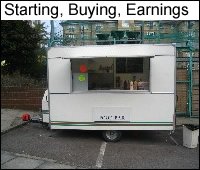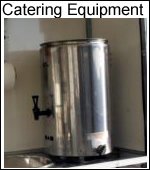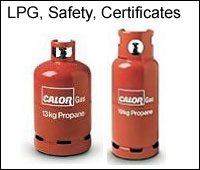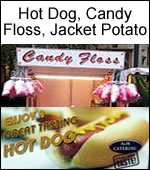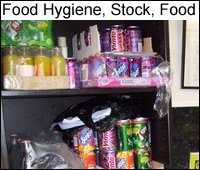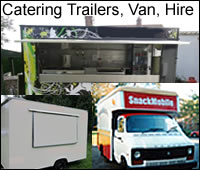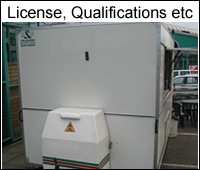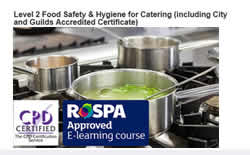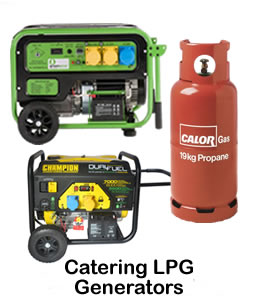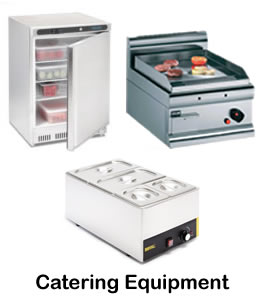Legal Ventilation Requirements for Gas Equipment in Mobile Catering Units
by Ed Ford
(UK)
I am converting a Double Decker bus into a mobile catering unit. The kitchen is on the top deck of the bus at the front. I have a Gas double tank fryer, a salamander grill and a gas griddle all operating from gas.
I have had various confusing answers in regards to ventilation. Do I need a hood covering ALL the gas equipment or is this ONLY necessary to cover the fryer?
I have a large window which opens fully right next to the fryer, and also have installed an Xpelair GXC9 extraction fan which extracts air at a rate of 153 l/s.
However do I need a hood by legal requirements?
